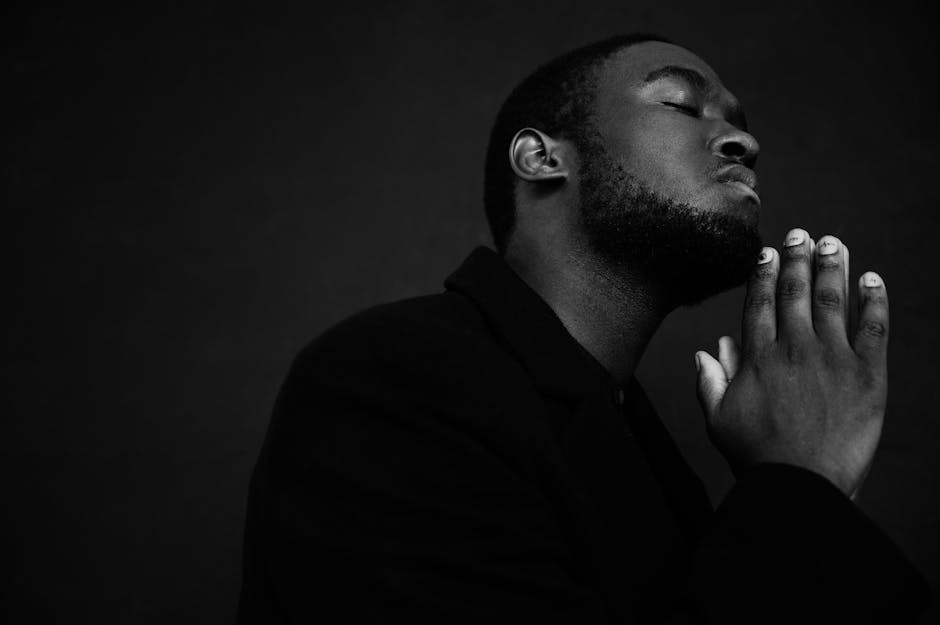The human experience is profoundly shaped by a yearning for understanding the unknown, a search for meaning beyond the tangible. This inherent quest has manifested itself across millennia in diverse spiritual and religious beliefs, each with a complex tapestry of origins. This exploration delves into the genesis of these beliefs, tracing their evolution from ancient societies to modern interpretations.
Early Clues in Prehistory: Echoes of the Ancestral
Evidence suggests that the seeds of spiritual thought were sown long before organized religions emerged. Archaeological discoveries, from cave paintings to burial rituals, offer tantalizing glimpses into the minds of our prehistoric ancestors. These early forms of belief likely stemmed from an innate human capacity for abstract thought and an awe-inspiring connection with the natural world. Observation of natural phenomena like storms, celestial movements, and the cycles of life and death likely fostered the concept of unseen forces governing existence. In many Paleolithic societies, ancestor veneration and animism the attribution of spirits to natural objects were likely central. These early spiritual expressions, though lacking elaborate dogma, highlight a primal search for meaning and a desire to connect with something greater than oneself.
The Rise of Myth and Ritual: Shaping the Landscape of Belief
As human societies grew and evolved, so too did their spiritual frameworks. Mythology became a powerful tool for explaining the world, providing narratives that interwoven explanations of the cosmos, human origins, and societal structures. Myths, often embodied in oral traditions, served as explanations for natural phenomena, moral codes, and cultural values. Rituals, often tied to these myths, became an essential part of communal life. These rituals, encompassing ceremonies, dances, and offerings, served to connect individuals to their deities and communities, reinforcing shared beliefs and social cohesion. We see clear evidence of these practices in ancient Mesopotamia, Egypt, and the Indus Valley. Each culture developed unique narratives and rituals, reflecting its particular environment and experiences.
The Emergence of Polytheism and Monotheism: Dividing the Divine
As societies became more complex, the divine often manifested in the form of multiple gods and goddesses. Polytheism, characterized by a pantheon of deities, emerged in many ancient civilizations. Greek, Roman, and Norse mythologies are prime examples of elaborate polytheistic systems, each god embodying aspects of the natural world or human experience. The evolution towards monotheism, the belief in a single, supreme deity, represents a significant shift in religious thought. Early monotheistic traditions, such as those found in ancient Israel, often arose from a desire to unite and elevate a particular tribal deity above others. The concept of a singular creator god, possessing absolute power and authority, fundamentally altered the religious landscape.
Philosophical Explorations: Questioning the Divine
Ancient Greece saw the rise of philosophical thought, which challenged and shaped the prevailing religious and spiritual beliefs. Philosophers like Socrates, Plato, and Aristotle questioned the nature of reality, morality, and the divine. Their inquiries led to new interpretations of the cosmos and the human place within it, creating spaces for rational inquiry alongside established religious traditions. This interplay between philosophy and religion has been a recurring theme throughout history, often leading to new syntheses of belief and understanding. Similarly, figures like Confucius and Buddha profoundly impacted the spiritual landscape of their respective regions, providing alternative paths to enlightenment and ethical living.
The Evolution of Abrahamic Traditions: A Legacy of Faith
The Abrahamic religions Judaism, Christianity, and Islam share a common ancestor in the figure of Abraham and have profoundly shaped the spiritual and cultural landscape of Western civilization, and beyond. These faiths developed over centuries, characterized by their monotheistic emphasis on a single divine being. The emphasis on scripture, prophets, and divine revelation formed the foundation of these traditions, influencing moral codes, rituals, and societal structures for millions. Each tradition has its own unique interpretations of scripture and history, yet all trace their origins back to shared narratives and a profound faith in the one God.
The Diversification of Spiritual Paths: Beyond Established Traditions
Beyond the major religious traditions, numerous spiritual paths have emerged, often incorporating indigenous practices and philosophical systems. These diverse expressions of spirituality reflect the human capacity for introspection and connection with something larger than oneself. Indigenous traditions, with their rich connections to nature and ancestral wisdom, offer valuable perspectives on spiritual living. Eastern traditions, including Hinduism, Buddhism, and Taoism, focus on concepts of karma, dharma, and enlightenment, emphasizing practices like meditation and self-discovery to achieve spiritual liberation. These and other less prominent spiritual paths demonstrate the breadth and depth of the human quest for meaning and connection with something beyond the material realm.
Conclusion: The Enduring Quest for Spiritual Understanding
The origins of spiritual beliefs are intricately woven from a complex interplay of human experiences, cultural contexts, and historical developments. From the early animistic practices of prehistoric peoples to the sophisticated philosophical systems of ancient Greece and the codified traditions of the Abrahamic faiths, the human need to understand the universe and our place within it has driven the development of diverse and enduring spiritual expressions. This ongoing quest for spiritual understanding continues to shape human societies and inspire individuals to seek meaning, purpose, and connection in their lives. This journey through time reminds us of the profound and enduring search of humanity, a search that continues to evolve and inspire even today.
